October 20, 2025
Understanding the intricacies of legal procedures can be daunting, especially in felony cases. Every decision you make — from how you communicate to whether you accept a plea deal — carries weight that can alter the course of your life. A felony lawyer plays a crucial role in guiding clients through these procedures, ensuring they avoid common pitfalls that can lead to harsher outcomes. This article highlights the most critical mistakes an attorney can help you avoid, giving you a stronger chance at a fair trial and a more favorable resolution. Understanding Legal Terminology One of the earliest obstacles many defendants face is the confusing language of the courtroom. Legal terminology is not just complicated — it’s precise, and even small misunderstandings can shift the direction of a case. Words such as acquittal, dismissal, and plea bargain may sound similar to someone unfamiliar with the legal system, but each carries very different consequences. For example, a dismissal ends a case before it goes to trial, while an acquittal is a not-guilty verdict after trial. Confusing the two could lead a defendant to believe their record is cleared when it is not. A felony lawyer ensures these distinctions are understood. They translate complex legal jargon into plain language, helping clients fully grasp how terms apply to their unique case. For instance, knowing what a “plea bargain” actually entails can prevent a defendant from hastily accepting a deal that locks them into a conviction without considering alternatives. While self-education through legal dictionaries or state bar association websites can be useful, it cannot replace the practical, strategic insights of an attorney. A felony lawyer not only defines terms but also explains how those terms influence the specific choices you face. This context is critical for avoiding missteps in court. Preparing Thoroughly for Court Another common mistake is underestimating the importance of preparation. A trial isn’t just about showing up and telling your side of the story — it requires meticulous organization and planning. Evidence must be cataloged, witnesses must be prepared, and courtroom appearances must be anticipated. A felony lawyer helps clients build this preparation from the ground up. They ensure all documentation — from affidavits to expert reports — is complete and filed on time. They prepare witnesses through practice sessions so that testimony is clear, consistent, and credible. In many cases, they even conduct mock trials to simulate the courtroom environment, giving defendants an opportunity to rehearse statements and gain confidence before facing a jury. Time management is also a crucial aspect. Missing filing deadlines or failing to meet procedural requirements can severely weaken a case. Lawyers track these dates precisely, ensuring that no detail slips through the cracks. Without this structured preparation, even the strongest evidence may be presented poorly or overlooked entirely. Communicating Effectively in Court Courtrooms are not just about facts — they’re about persuasion. How information is communicated can be just as important as the information itself. Defendants who lack communication skills may come across as defensive, evasive, or untrustworthy, even when telling the truth. A felony lawyer addresses this by teaching clients how to communicate effectively in court. Storytelling is one of their most valuable tools; by framing evidence and testimony within a compelling narrative, they make the defendant’s side clear and relatable. They also prepare clients for cross-examinations, which can be some of the most stressful moments in a trial. Aggressive questioning from the prosecution can rattle even the calmest individual. By practicing potential questions and responses, lawyers help defendants stay composed, avoid contradictions, and maintain credibility. Non-verbal communication also matters. Body language, tone of voice, and even facial expressions can influence how a jury interprets testimony. A felony lawyer trains clients to use these cues effectively, ensuring they project confidence and sincerity. Finally, strong communication between the lawyer and client is equally important. Open discussions ensure that the legal strategy remains aligned and adaptable. When client and counsel communicate consistently, they can respond to challenges quickly and with unity. Managing Emotions in Court Courtrooms are emotionally charged environments, and defendants often feel overwhelmed. Anxiety, anger, or frustration can manifest in ways that damage credibility. An emotional outburst, even if understandable, might cause a jury to view the defendant as unstable or guilty. A felony lawyer anticipates this and helps clients manage stress. They may recommend mindfulness practices, relaxation techniques, or even professional counseling to keep emotions in check. In some cases, collaboration with psychologists provides additional tools for maintaining composure under pressure. Being emotionally balanced in court is not about suppressing feelings — it is about presenting oneself in the best possible light. Calmness signals confidence and credibility, while outbursts risk undermining the case. With preparation and support, defendants can face trial with a demeanor that strengthens rather than weakens their defense. Evaluating Plea Bargain Options Plea bargains are among the most misunderstood aspects of criminal law. Many defendants either reject them outright without considering the benefits or accept them hastily without understanding the long-term consequences. A felony lawyer evaluates plea offers carefully, weighing the advantages against the risks of trial. For example, accepting a plea might mean a reduced sentence or lesser charges, but it also means carrying a conviction that could affect future employment or housing. Timing is also crucial. Lawyers know when negotiations are most favorable and how to use leverage to secure better deals. Pursuing Post-Trial Options A guilty verdict does not always mark the end of the road. Many defendants mistakenly believe that once sentenced, their legal options are over. In reality, post-trial relief mechanisms can provide additional opportunities for justice. Appeals, motions for a new trial, or writs of habeas corpus may all be available depending on the circumstances. These remedies allow defendants to challenge errors that occurred during trial, such as procedural mistakes, ineffective assistance of counsel, or newly discovered evidence. A felony lawyer plays a vital role in identifying and pursuing these avenues. They analyze trial transcripts, gather additional evidence, and file the necessary motions within strict deadlines. Post-conviction relief can be complex, but it often represents the only chance to correct wrongful convictions or reduce unfair sentences. Protecting Rights Beyond the Courtroom The consequences of a felony conviction extend far beyond the trial itself. Long after serving a sentence, defendants may face barriers to employment, housing, and community involvement. One of the most significant long-term impacts involves voting rights. According to The Sentencing Project, voting rights for people with felony convictions are limited by laws in 48 U.S. states. This means that in nearly every part of the country, individuals continue to face restrictions that limit their ability to fully participate in civic life, even after completing their sentence. Felony cases are among the most stressful and high-stakes experiences a person can face. The margin for error is small, and even seemingly minor mistakes can have life-altering consequences. From misunderstanding legal terminology to neglecting post-trial remedies, the risks are substantial. With the guidance of an experienced felony lawyer, defendants gain the preparation, communication skills, and strategic insights needed to navigate these challenges. Lawyers not only defend clients in court but also safeguard their rights and futures beyond the trial. Don’t leave your future to chance. If you or a loved one is facing felony charges, consult Dulaney & Sumner, PLLC today to protect your rights, secure strong representation, and take the first step toward building a better outcome.
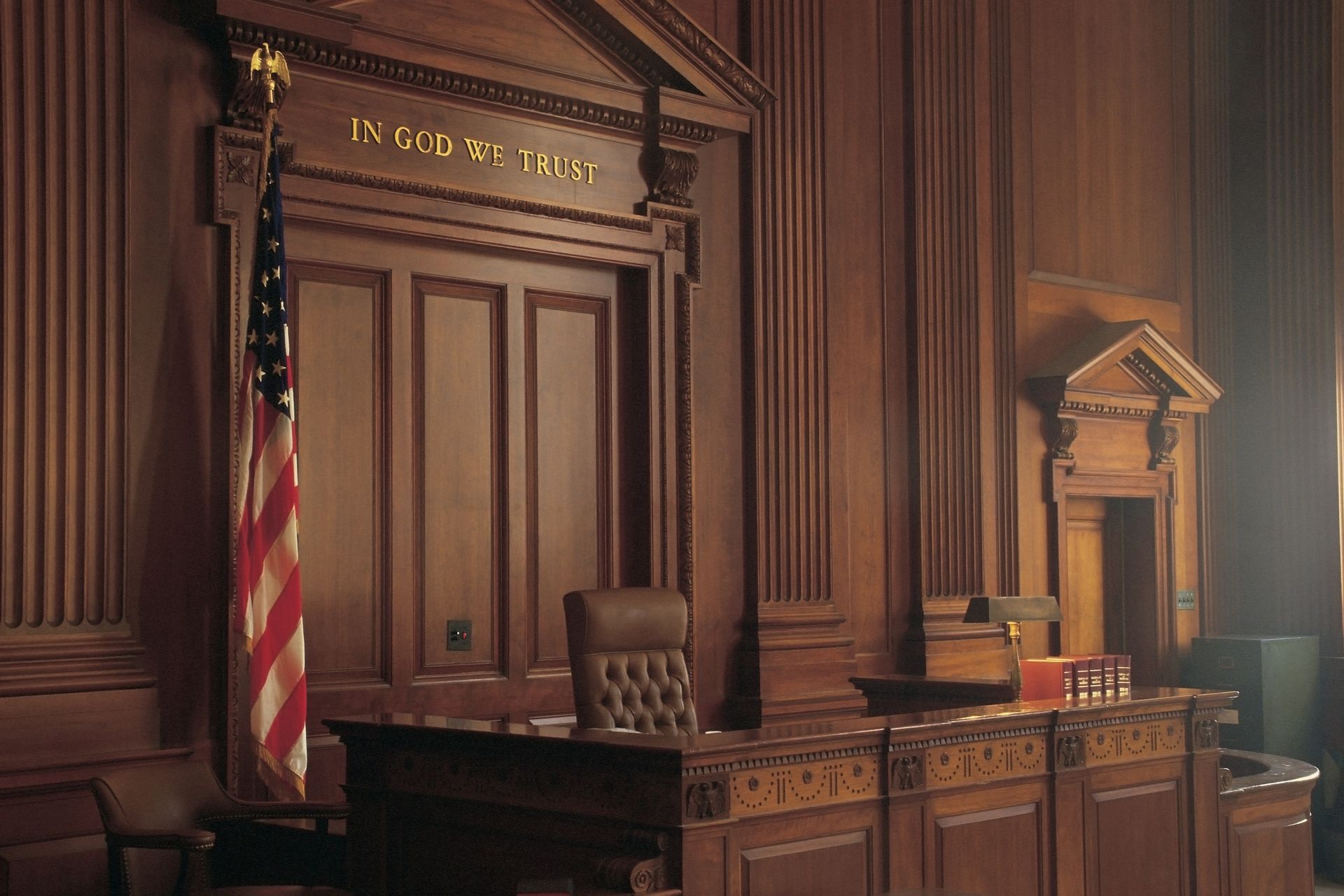

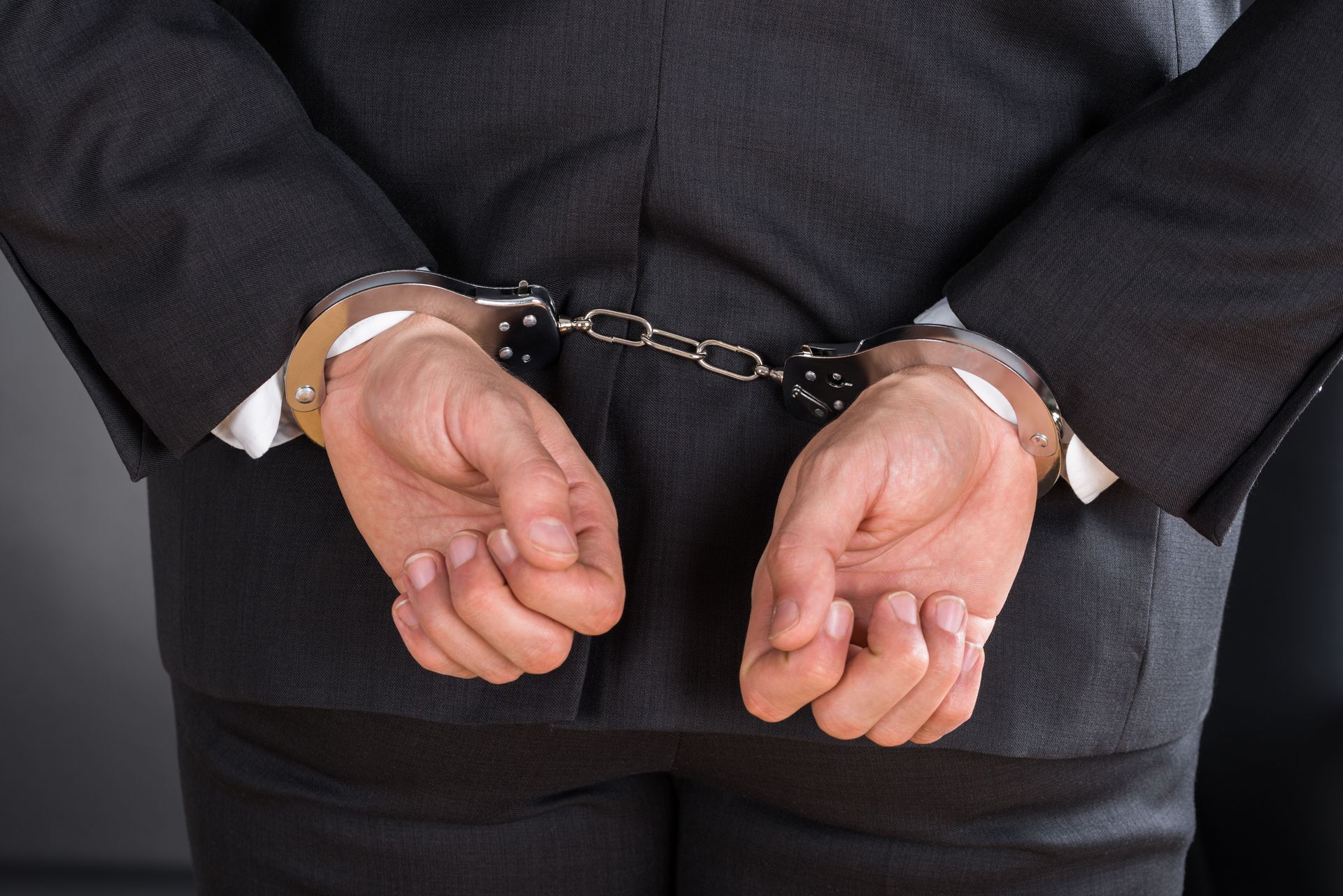
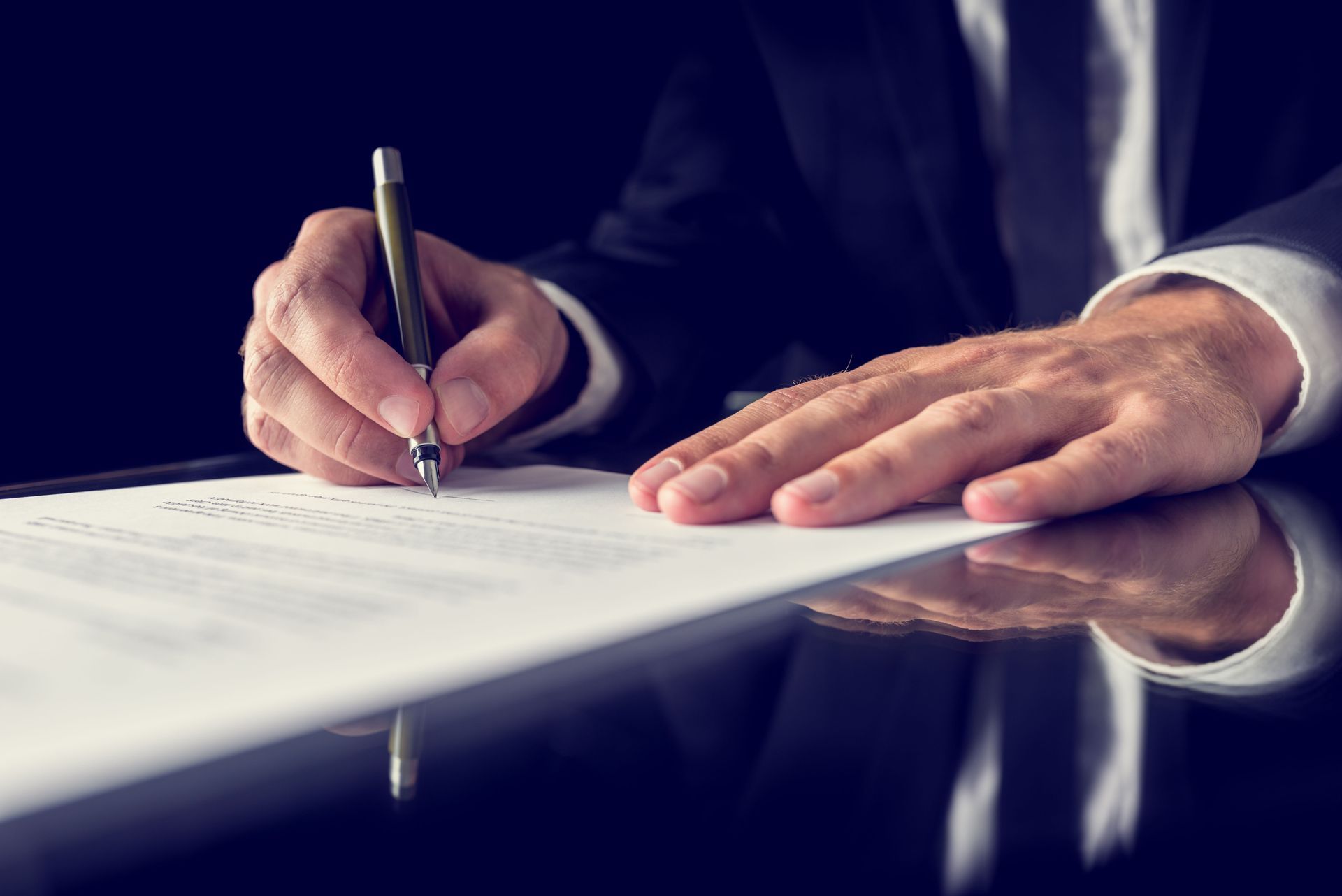
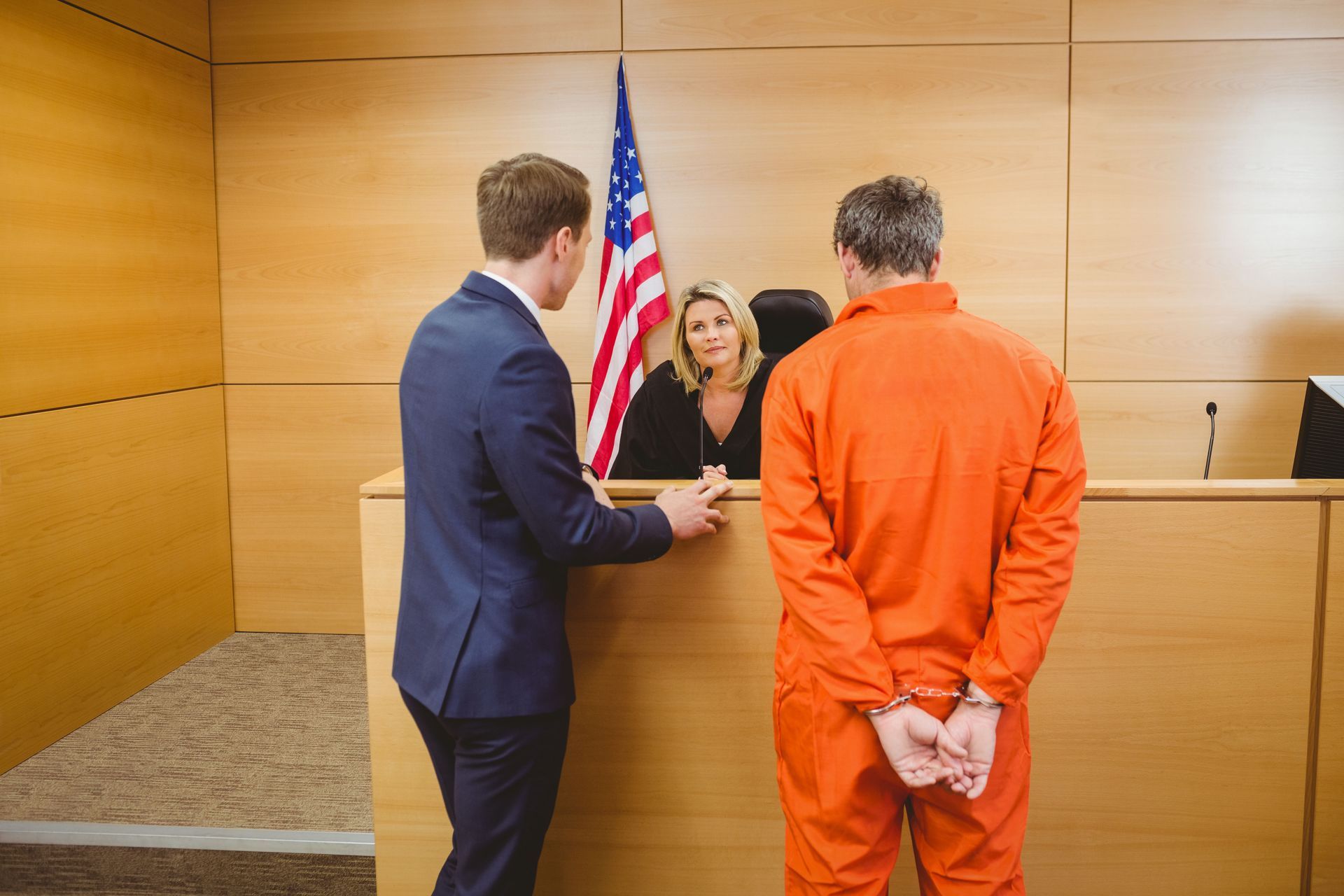

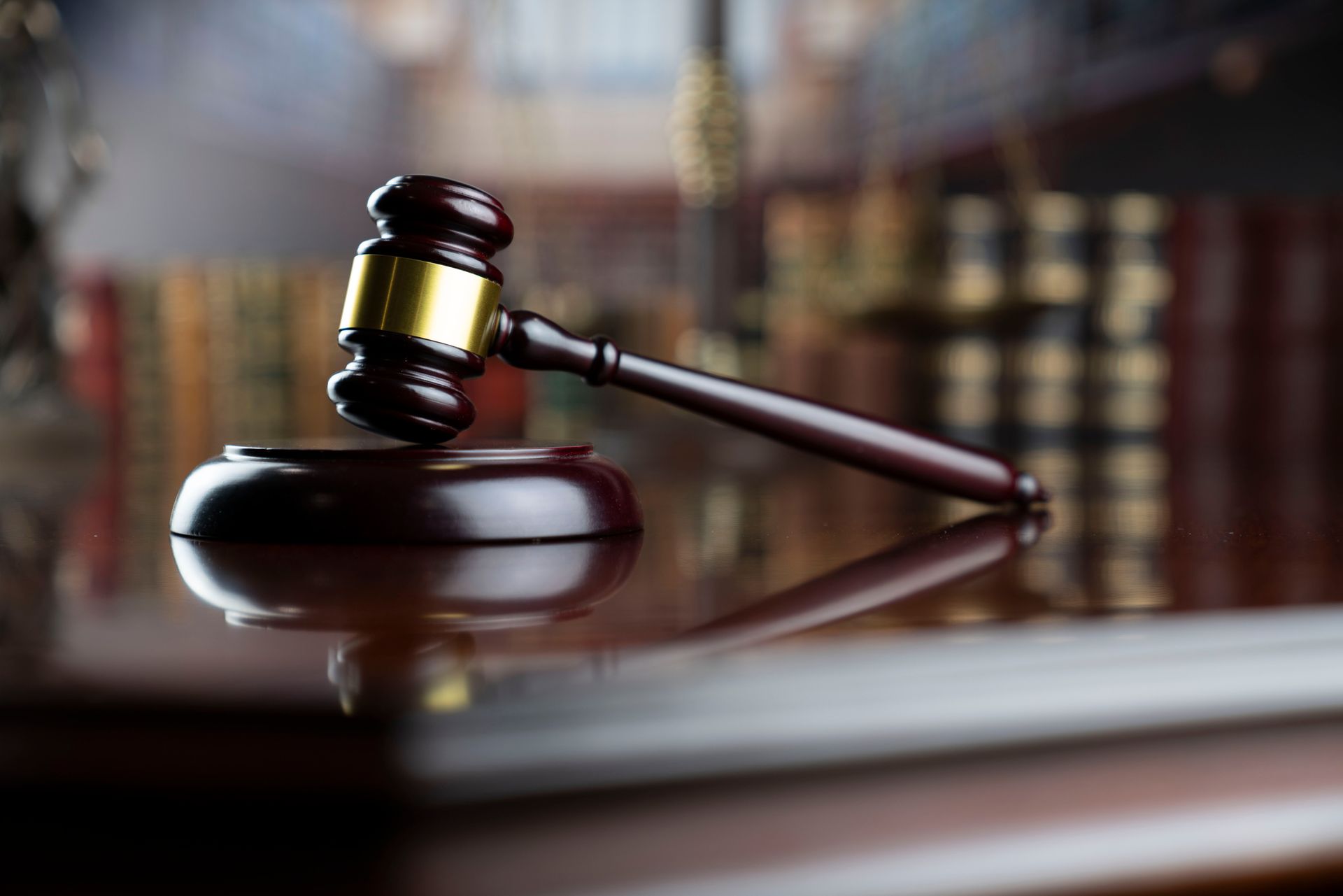

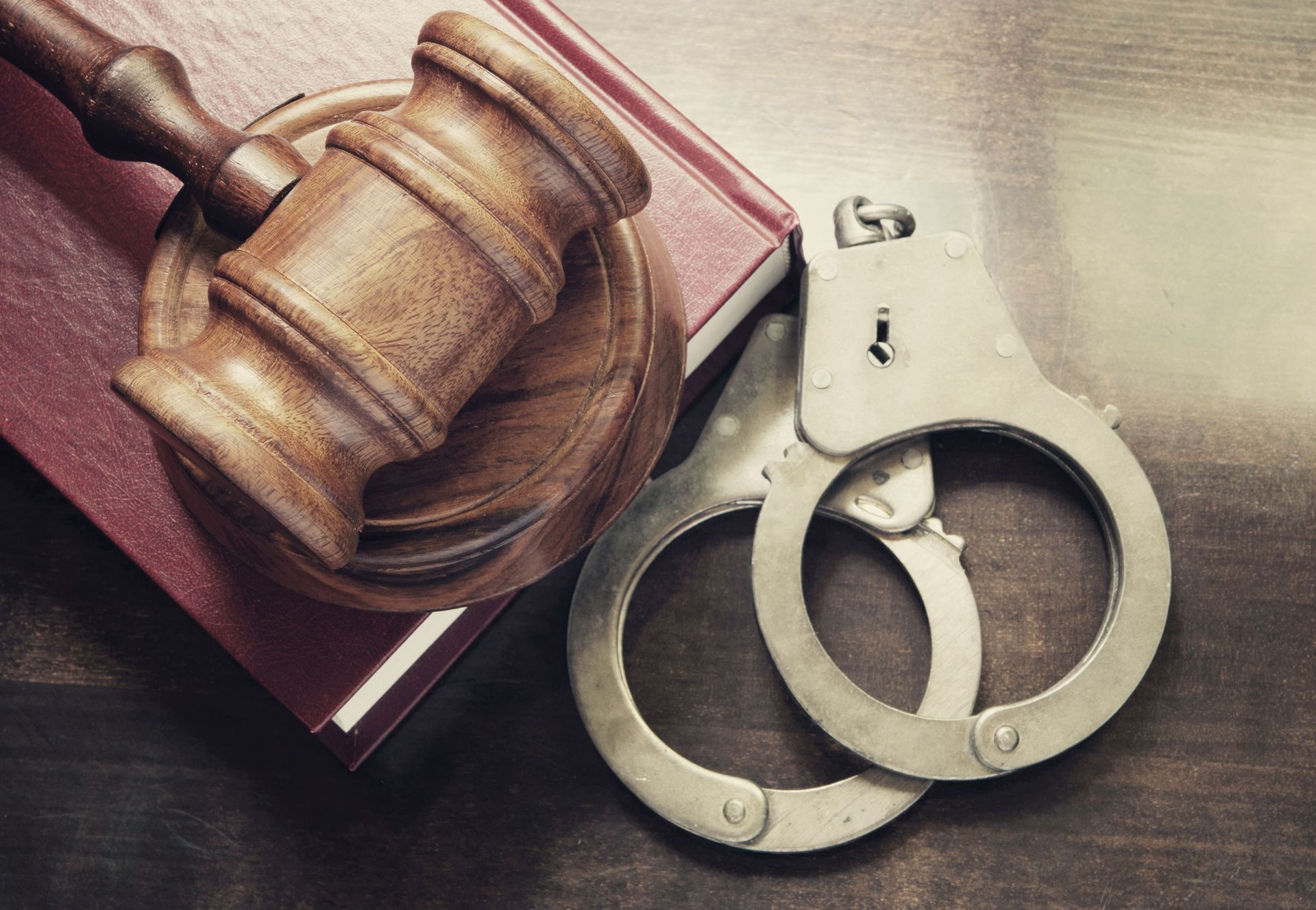

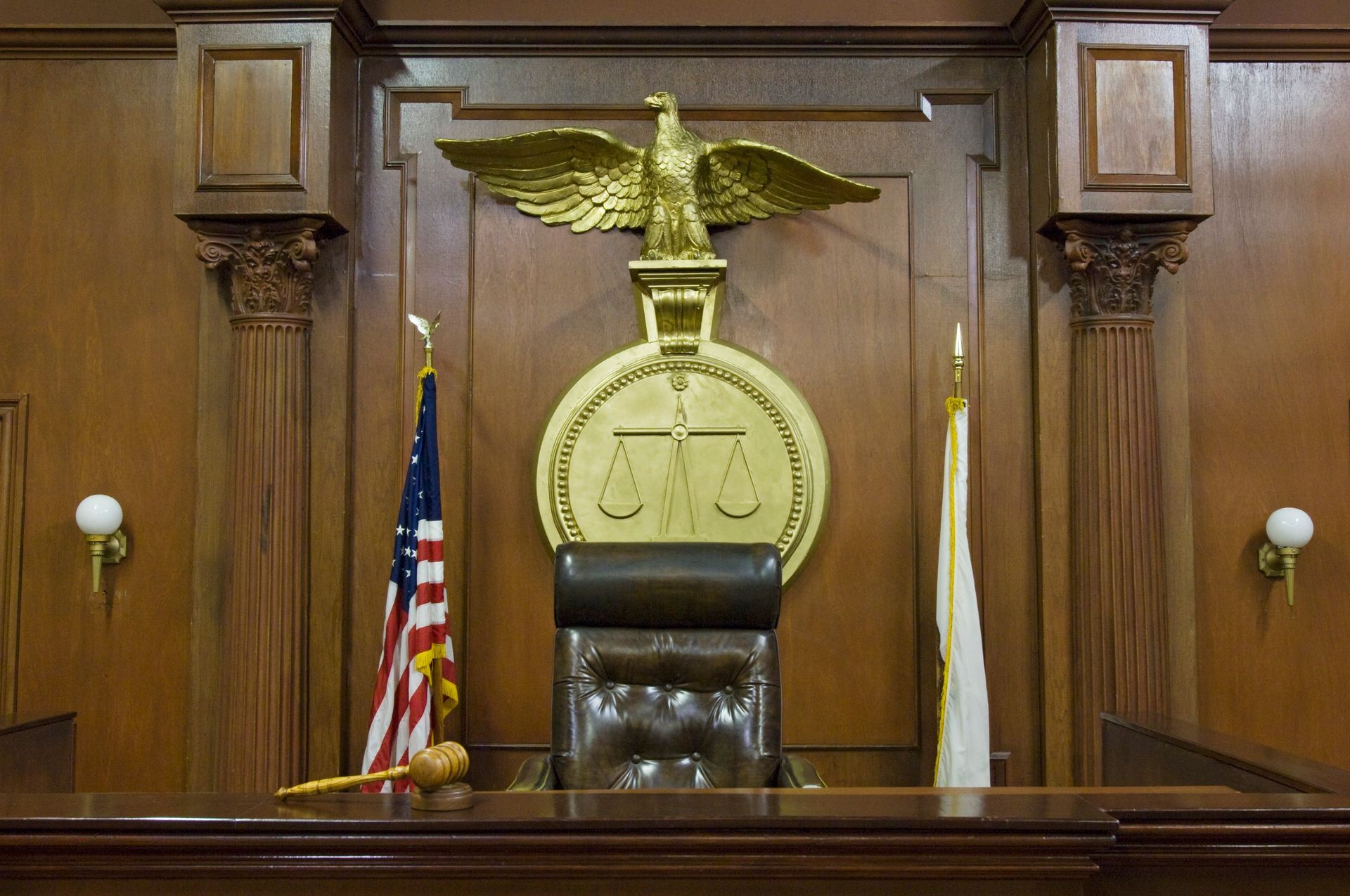
Share On: